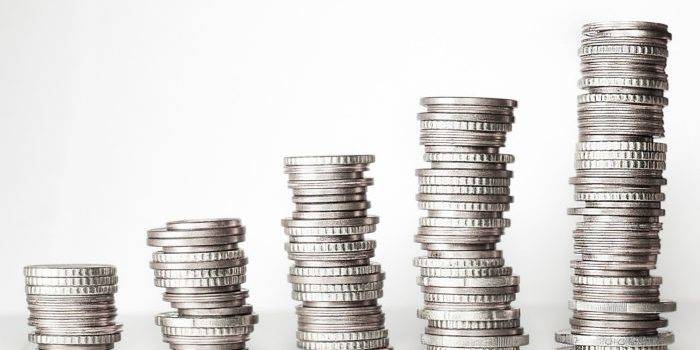(By Adam Andrzejewski, RealClear Wire) The cost of financing publicly-held national debt in the U.S. is skyrocketing, with a new report showing that outlays for interest payments are up 41% because of higher interest rates, according to the Congressional Budget Office.
As the Federal Reserve tries to tame inflation by raising interest rates, mortgages and car payments aren’t the only loans with increasing interest payments.
The CBO report found that for the month of March, net outlays for interest on the public debt increased to $90 billion, a 41% increase, “mainly because interest rates are significantly higher than they were in the first six months of fiscal year 2022.”
Even more disturbing: while the amount of debt is increasing and the cost to finance that debt is increasing, total receipts, or the government’s income, is going down.
The same report found that total receipts (mainly tax and fee revenue) in the first half of the 2023 fiscal year are down 3%, totaling $2 trillion. Additionally, corporate income tax receipts decreased by 10%, and receipts from other sources decreased by 31%.
All the while, expenditures, or outlays, increased 13%, reaching $3.1 trillion. This was driven largely by an increase in Social Security, Medicare and Medicaid spending. Despite this 13% increase, lawmakers from both parties continue to insist that any cuts to any of these programs are off the table.
Falling income, rising costs, increasing debt and higher interest rates would scare any business into greater fiscal discipline. Unfortunately, legislators insist on continuing to fund costly and inefficient programs like Medicare without adjustments, and the fiscal state of our nation continues to decline.

